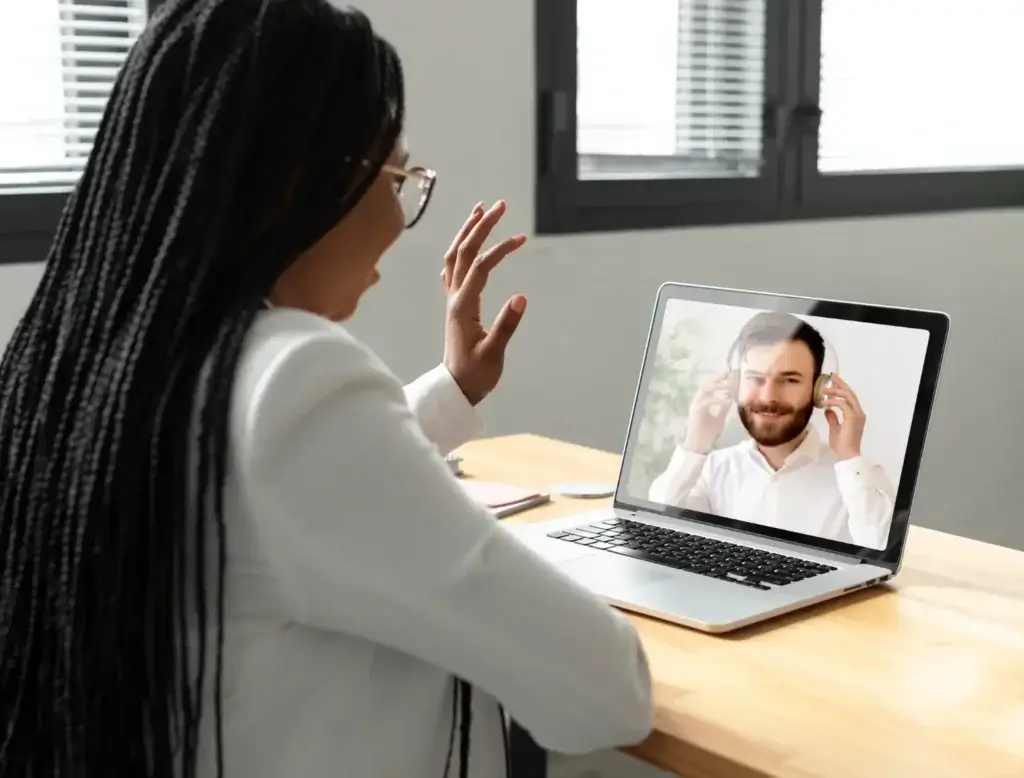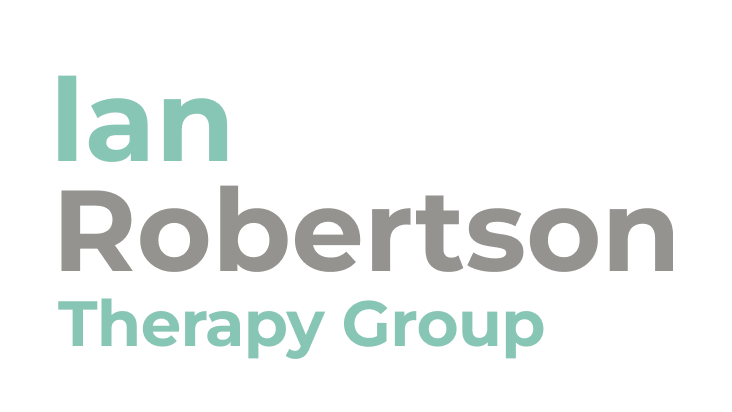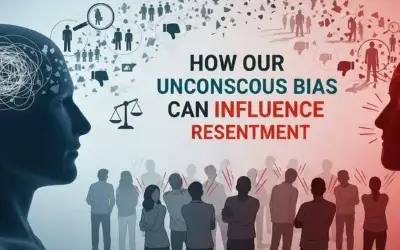
For many therapists, the shift to online therapy has brought more than just technical challenges. It has changed how we connect, attune, and feel present with our clients. At Ian Robertson Clinical Training, we often hear from professionals who feel unexpectedly drained or disconnected after virtual sessions, even those who are deeply committed to their work.
This blog was written to validate those experiences and offer helpful, realistic strategies. Whether you are navigating video fatigue, struggling with focus, or feeling unsure about your effectiveness, you are not alone. These feelings are not a reflection of your skills, they are a sign that the way we deliver care has changed, and we are still adapting.
The Loss of Physical Presence
In-person therapy offers something deeply grounding. It allows therapists to:
- Work within the familiar safety of their office space
- Observe full-body non-verbal communication
- Notice subtle shifts in facial expression and body language
- Feel a stronger sense of connection in the room
With virtual therapy, many of these anchors are lost. The screen creates a barrier, not just in space but in sensory experience.
Why Therapists Are Feeling Fatigued
Since the shift to online therapy, many therapists report feeling:
- Emotionally and physically exhausted
- Disconnected or isolated after sessions
- Unsure of their attunement or clinical effectiveness
- Distracted, irritable, or anxious
- Less motivated or fulfilled in their work
These experiences can lead to empathic strain, compassion fatigue, and questioning of one’s clinical identity.
Clinical psychologist Nina Barlevy, PsyD, shared,
“I’m such a people person, so it was tough for me to feel a real connection when I was just messaging with people. A lot of people just stopped responding, and I felt like there wasn’t enough time to really build a relationship. It actually turned out to be more difficult than I imagined.”
What Virtual Fatigue Can Look Like
- Emotional or physical exhaustion
- Difficulty concentrating
- Dreading sessions or feeling guilty about that feeling
- Headaches, disrupted sleep, or irritability
- Disconnection from personal relationships
- Reduced sense of meaning or accomplishment
- Increased anxiety or decision fatigue
If you see yourself in this list, know that you are not alone, and you are not failing.
Practical Strategies to Support Yourself
- Shorten session lengths if one-hour blocks feel too demanding
- Take mini breaks between clients
- Avoid back-to-back appointments when possible
- Alternate between computer and phone sessions
- Increase physical activity and screen-free time outside of work
- Practice mindfulness during virtual sessions
- Prioritize quality sleep and nutrition
- Limit your caseload while building stamina for virtual work
- Log off completely at the end of your day and create space for a digital reset
- Engage in outdoor time, games, and play to rebalance
We are learning to sharpen new skills and rely on different senses than we did in traditional in-person therapy. This is not a regression, it is a shift. And it takes time to adjust.If you’re a therapist navigating this transition and want added support, our Clinical Supervision sessions are designed to help you feel seen and supported in your work.
Conclusion
Virtual therapy has challenged our profession in unexpected ways. But it has also shown us how adaptive and resilient therapists can be. If you are feeling disconnected, tired, or unsure, know that you are not alone in this.
Support, supervision, and realistic expectations are more important than ever. Virtual fatigue is just one of many challenges therapists are facing right now. You can find more supportive content in our professional wellness articles.
To all my therapist colleagues, wishing you strength through these times, as you care for other in need!
Be well
Ian











